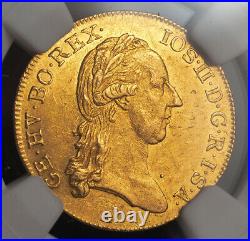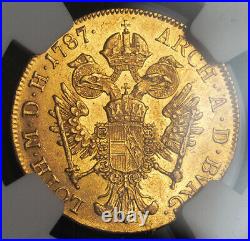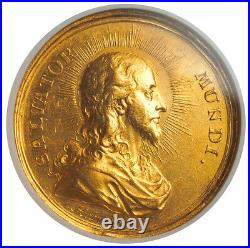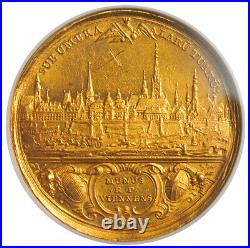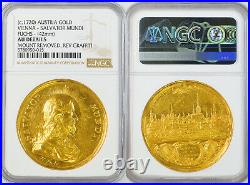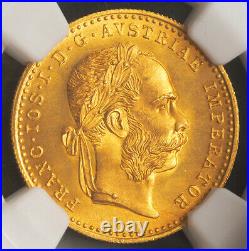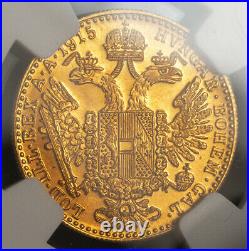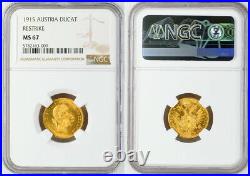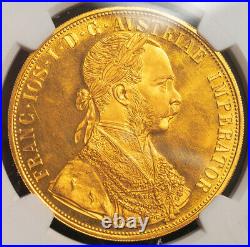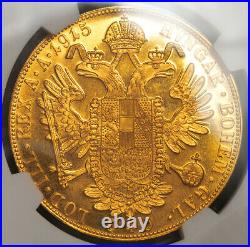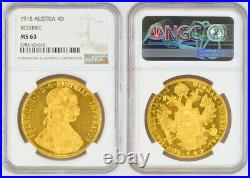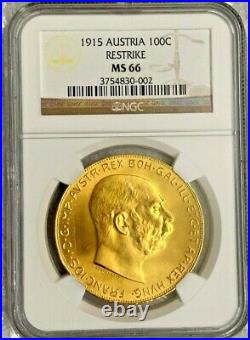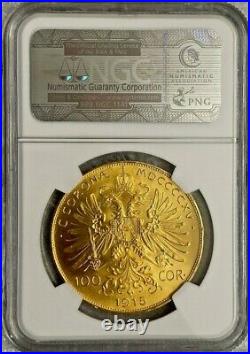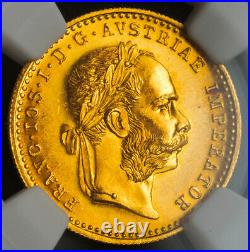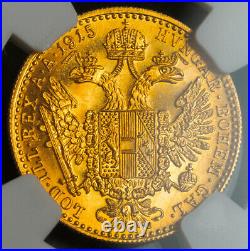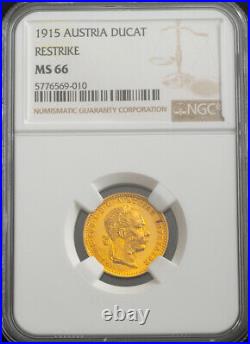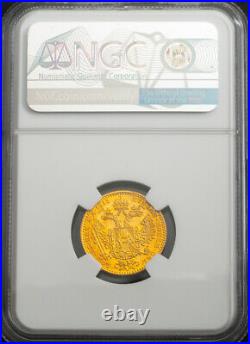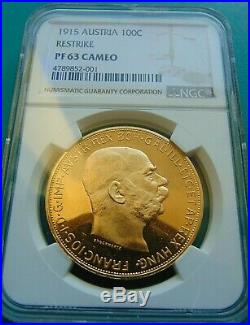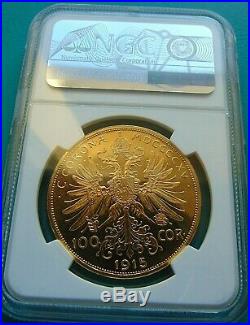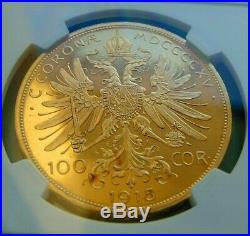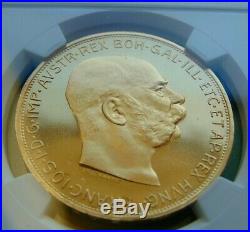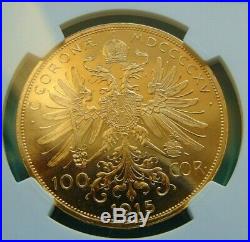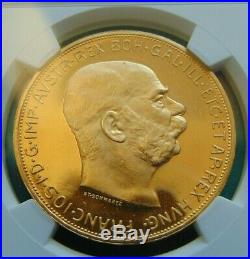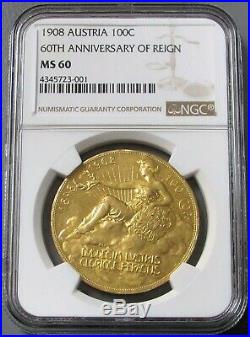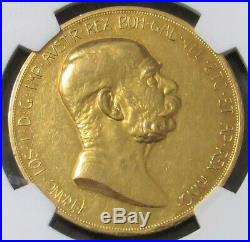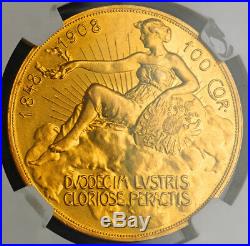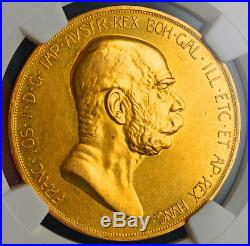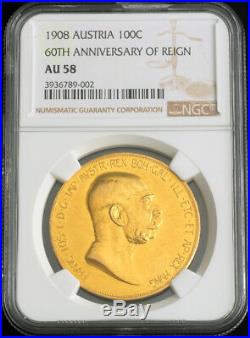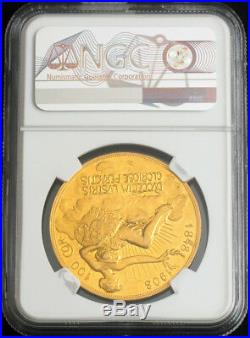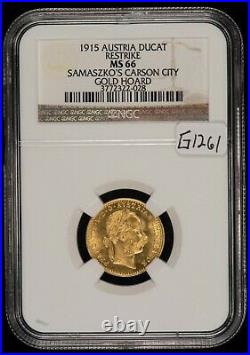
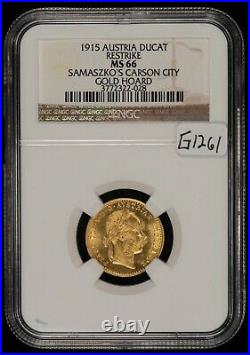
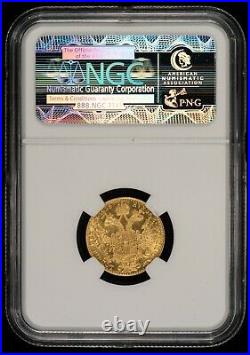
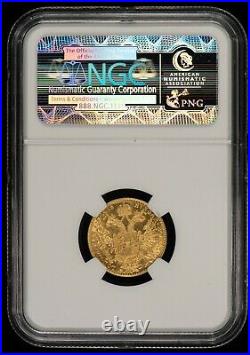
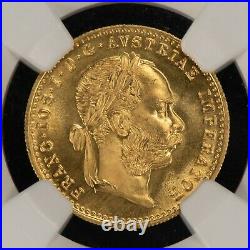
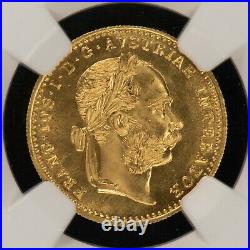
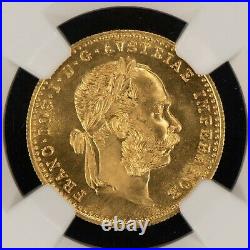
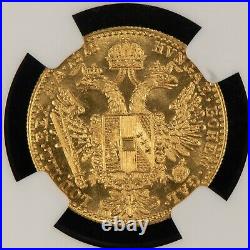
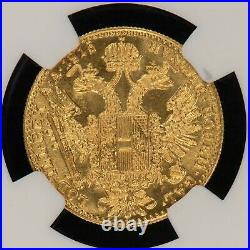
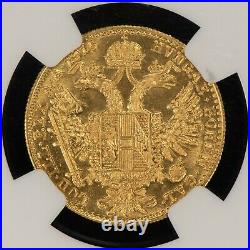

1915 Austria Ducat Gold Coin – Restrike – NGC MS 66 – SKU-G1261. Samaszko’s Carson City Gold Hoard. 1107 AGW – KM# 2267. The coins pictured are the coins you will receive. See pictures for condition. Please see pictures, request more, and ask questions if necessary. If you need more time to pay, we are willing to accommodate but please message us to let us know. You must notify us of your intent to return no later than 30 days from having received the item. If an item is tagged and the tag is removed, a return will not be accepted. We are happy to answer questions Monday- Friday 10 a. The item “1915 Austria Ducat Gold Coin Samaszko’s Hoard. 1107 AGW NGC MS66 G1261″ is in sale since Wednesday, October 6, 2021. This item is in the category “Coins & Paper Money\Coins\ World\Gold”. The seller is “the.treasure.source” and is located in Pittsburgh, Pennsylvania. This item can be shipped to United States, Canada, United Kingdom, Denmark, Romania, Slovakia, Bulgaria, Czech republic, Finland, Hungary, Latvia, Lithuania, Malta, Estonia, Australia, Greece, Portugal, Cyprus, Slovenia, Japan, China, Sweden, South Korea, Indonesia, Taiwan, South africa, Thailand, Belgium, France, Hong Kong, Ireland, Netherlands, Poland, Spain, Italy, Germany, Austria, Bahamas, Israel, Mexico, New Zealand, Philippines, Singapore, Switzerland, Norway, Saudi arabia, Ukraine, United arab emirates, Qatar, Kuwait, Bahrain, Croatia, Malaysia, Brazil, Chile, Colombia, Antigua and barbuda, Aruba, Belize, Dominica, Grenada, Saint kitts and nevis, Saint lucia, Montserrat, Turks and caicos islands, Barbados, Bangladesh, Bermuda, Brunei darussalam, Bolivia, Ecuador, Egypt, French guiana, Guernsey, Gibraltar, Guadeloupe, Iceland, Jersey, Jordan, Cambodia, Cayman islands, Liechtenstein, Sri lanka, Luxembourg, Monaco, Macao, Martinique, Maldives, Nicaragua, Oman, Peru, Pakistan, Paraguay, Reunion, Viet nam, Uruguay.
- Modified Item: No
- Country/Region of Manufacture: Austria
- Certification: NGC
- Grade: MS 66
- Year: 1915
- Circulated/Uncirculated: Uncirculated
- Composition: Gold
- KM Number: 2267


